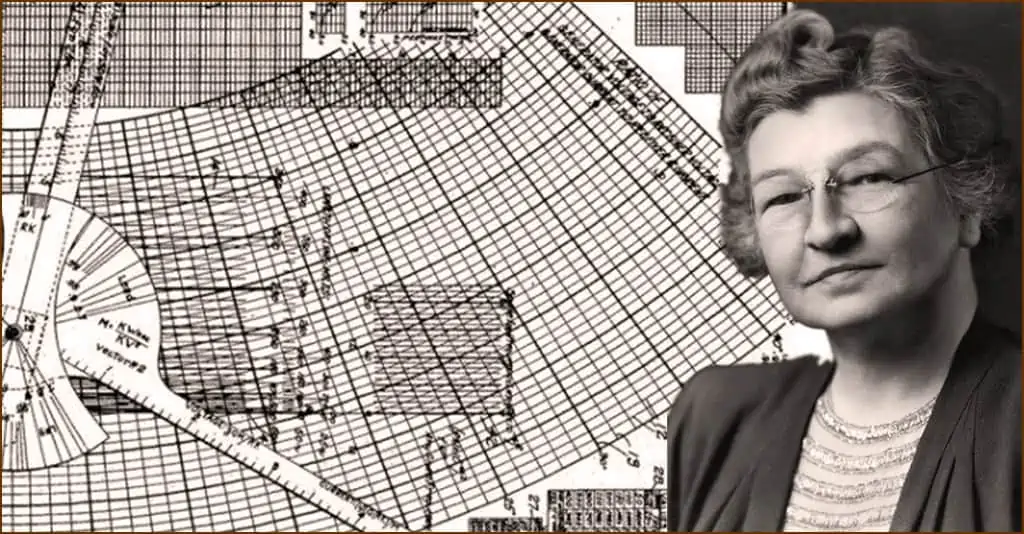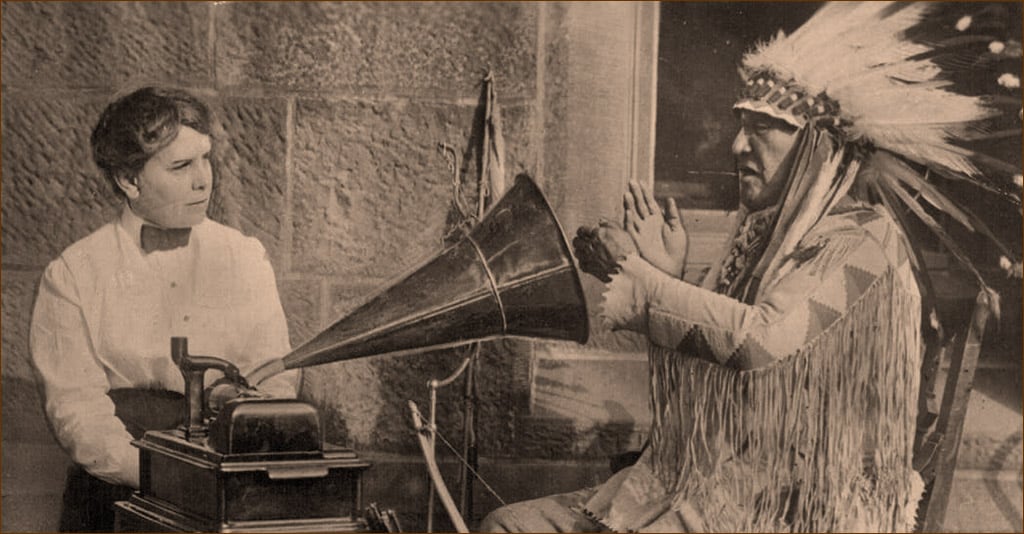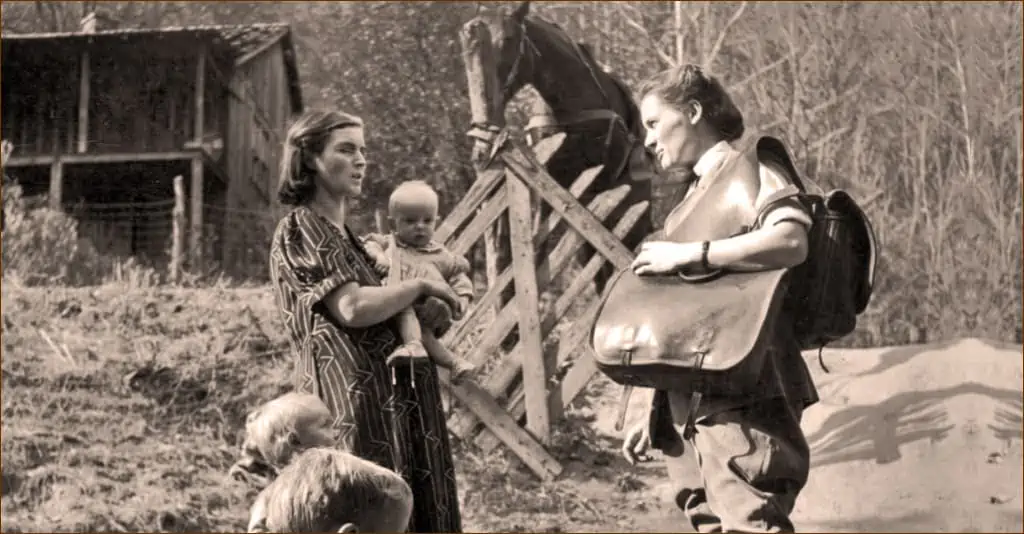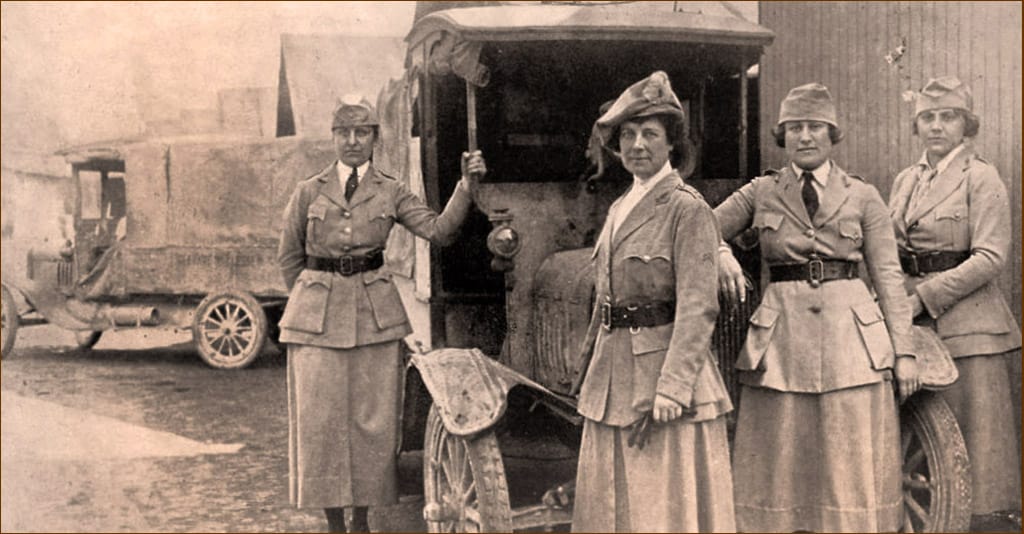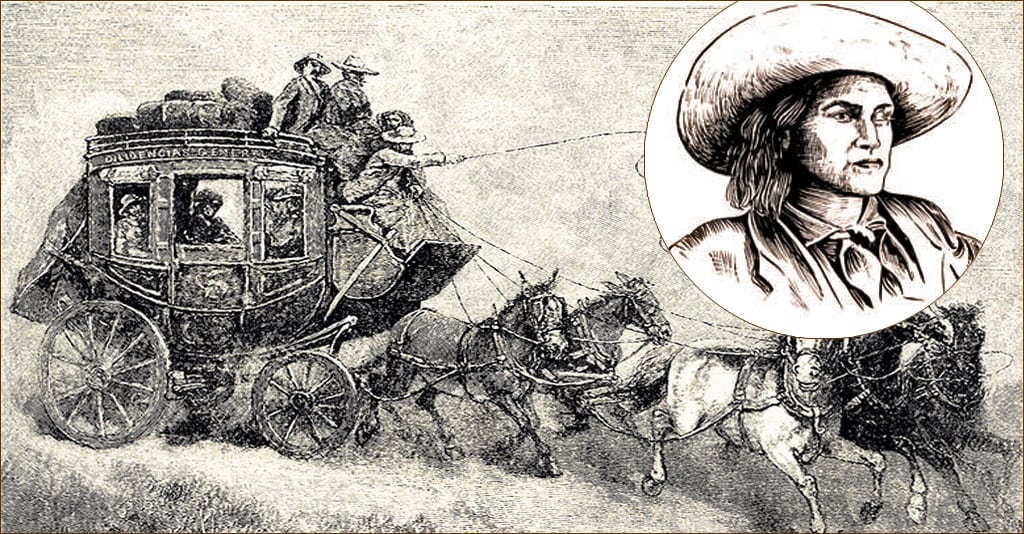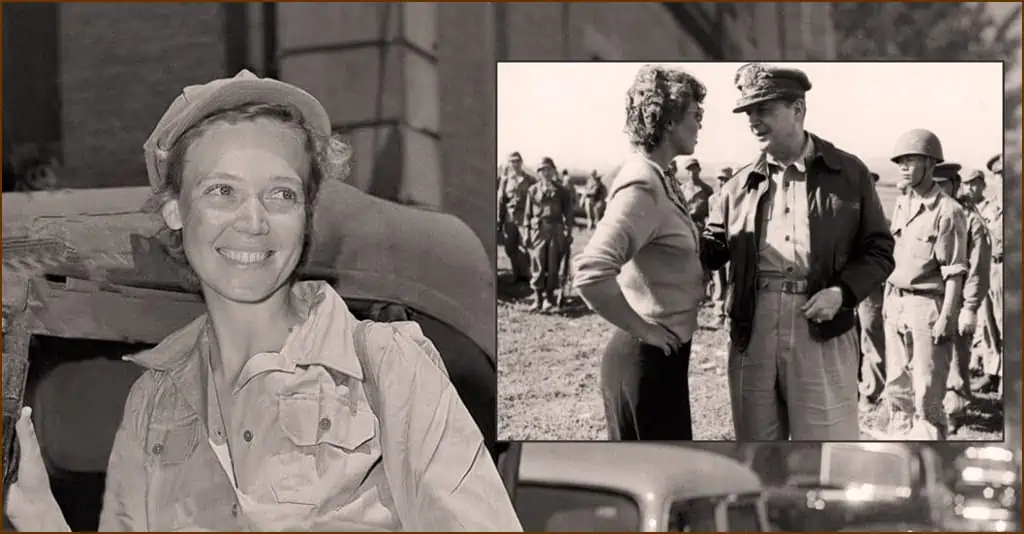
Marguerite “Maggie” Higgins wasn’t America’s first female war correspondent. Legendary journalist and novelist Martha Gellhorn (who was also Ernest Hemingway’s third wife) had covered conflicts all over the world in her 60-year career. But Higgins was the first to win the coveted Pulitzer Prize for International Reporting in 1951 with her front-line coverage of the Korean War.
Continue reading “Marguerite Higgins: First Pulitzer-Prize Winning Female War Correspondent”

